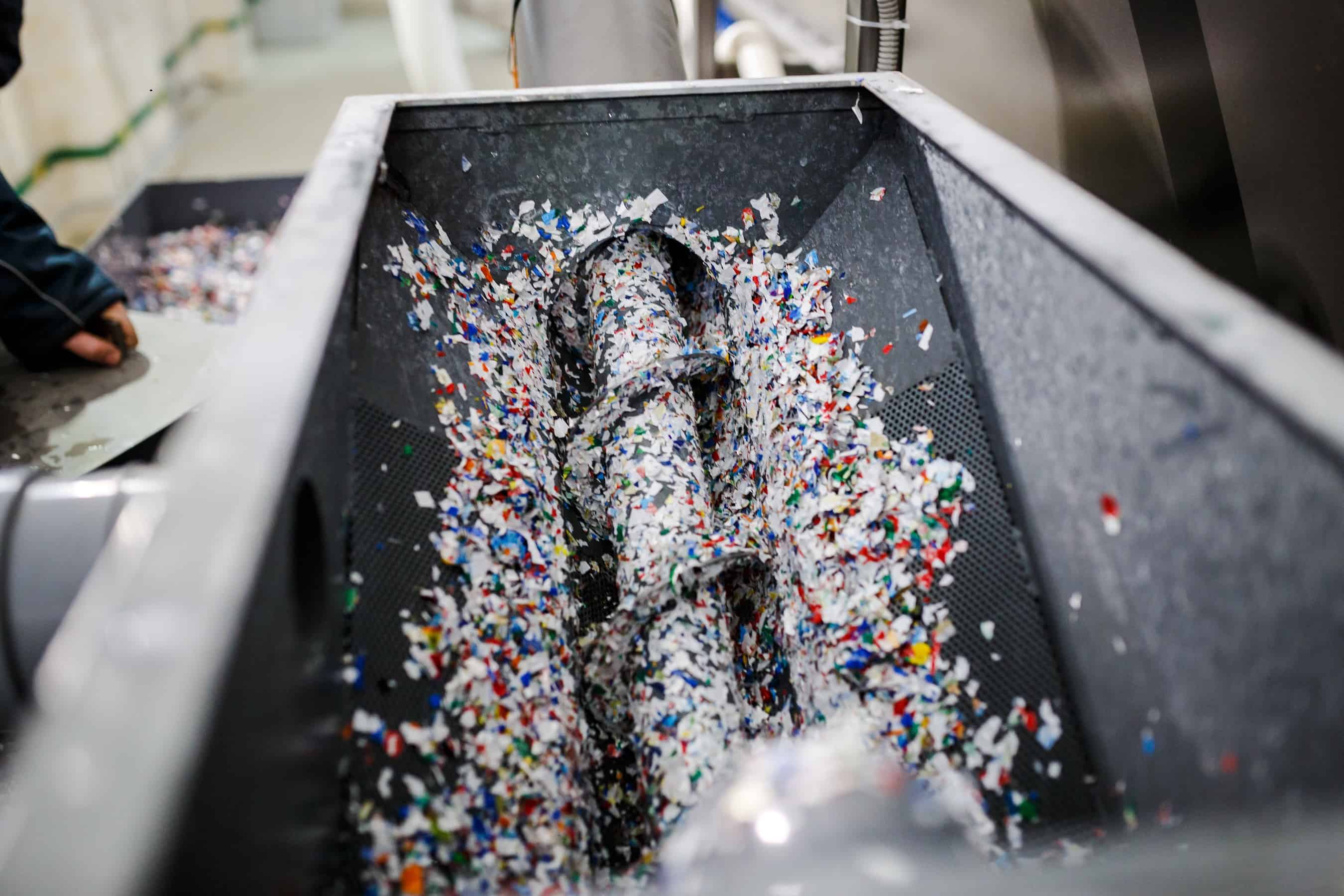

Most companies recycle on the basis that it’s cheaper to do so, allowing you to drive down production costs (and convert this spend into collection costs). To save money by reducing production costs. Recycling metals offers financial incentives and there’s no shame in benefiting from these. The Planet Mark environmental foundation confirms that every tonne of aluminium recycled conserves five tonnes of bauxite - the raw material from which aluminium is made.Ĥ. Above all, the recycling process will help eliminate pollution from the atmosphere and encourage others to make the most of metal’s versatile usage.Ī tonne of aluminium recycled saves nine tonnes of CO2 emissions from being released into the atmosphere. By recycling metals, you’re contributing to your business’s carbon goals. Recycling metals is an environmental alternative to other forms of disposal, as it cuts down emissions and reduces air pollution. To offset your business’s carbon emissions. There’s an increasing emphasis on companies recycling all raw materials to achieve ambitious “ zero to landfill” targets. Scrap metal recycling facilities will always accept a wide range of metals like steel, as operators know the value of metal won’t decrease.ģ. There aren’t many disadvantages to recycling metals, but a total waste management company can help you deal with any issues. The list of recyclable metals is extensive, with only radioactive metals (uranium, plutonium) and toxic metals such as lead and mercury prohibited.

The recycling process can be repeated as many times as needed, even with valuable metals such as aluminium. This means there isn’t any real reason to create new metal - apart from to meet increased demand. To best use raw materials. Metals are amongst the few raw materials easily recycled without damaging their original properties. As it simultaneously uses less energy and cuts down on using natural resources, recycling metals is an environmental activity - and an easy way to take corporate responsibility.Ģ. In 2010, coal accounted for 43% of global greenhouse gas emissions and this climate issue has perpetuated ever since. It’s essential to consider resources like coal, as its combustion is a top contributor to climate change. In turn, this preserves precious natural resources like coal and iron ore used in metal production. To preserve natural resources. Recycling metal replaces the need to produce virgin metal. But just for good measure, we’ve listed our top five reasons why it’s vital to recycle metals.ġ. You’ll find you spend less on production once you recycle scrap metal rather than reproducing it, so there’s no reason not to get started. As well as the excess energy it saves, recycling metals can save your company money. Where can I order more food caddy liners from?It’s even possible to recover precious metals such as gold, palladium, silver and platinum from computers.Īs if this wasn’t enough, there’s also something in it for you. How do I report a missed bin collection?įind our more at our What happens to my waste? page. Most of it is used to make electricity.įind our more at our What happens to my waste? page. Other areas may collect plastic pots, tubs and trays, but currently very little is recycled. Plastic bottles and plastic pots, tubs and trays melt at different temperatures, meaning the pots, tubs and trays contaminate the bottles and can’t be used to make new products.Ĥ.

During the recycling process, the plastic is melted. Plastics like pots, tubs and trays are a low grade plastic and the manufacturers just don’t want these.ģ. There are really good reasons why we can only recycle plastic bottles in Greater Manchester:ġ. Manufacturers that make new products demand high grade plastics. Our Materials Recycling Facility cannot sort between the different grade of plastics, and so they can’t be recycled together. The only types of plastic you can recycle in your mixed recycling bin at home are plastic bottles.Ī bottle and a food tray are made of the same type of plastic but not the same grade of plastic, therefore the grades of plastic will behave differently when they are recycled, as they melt at different temperatures.


 0 kommentar(er)
0 kommentar(er)
